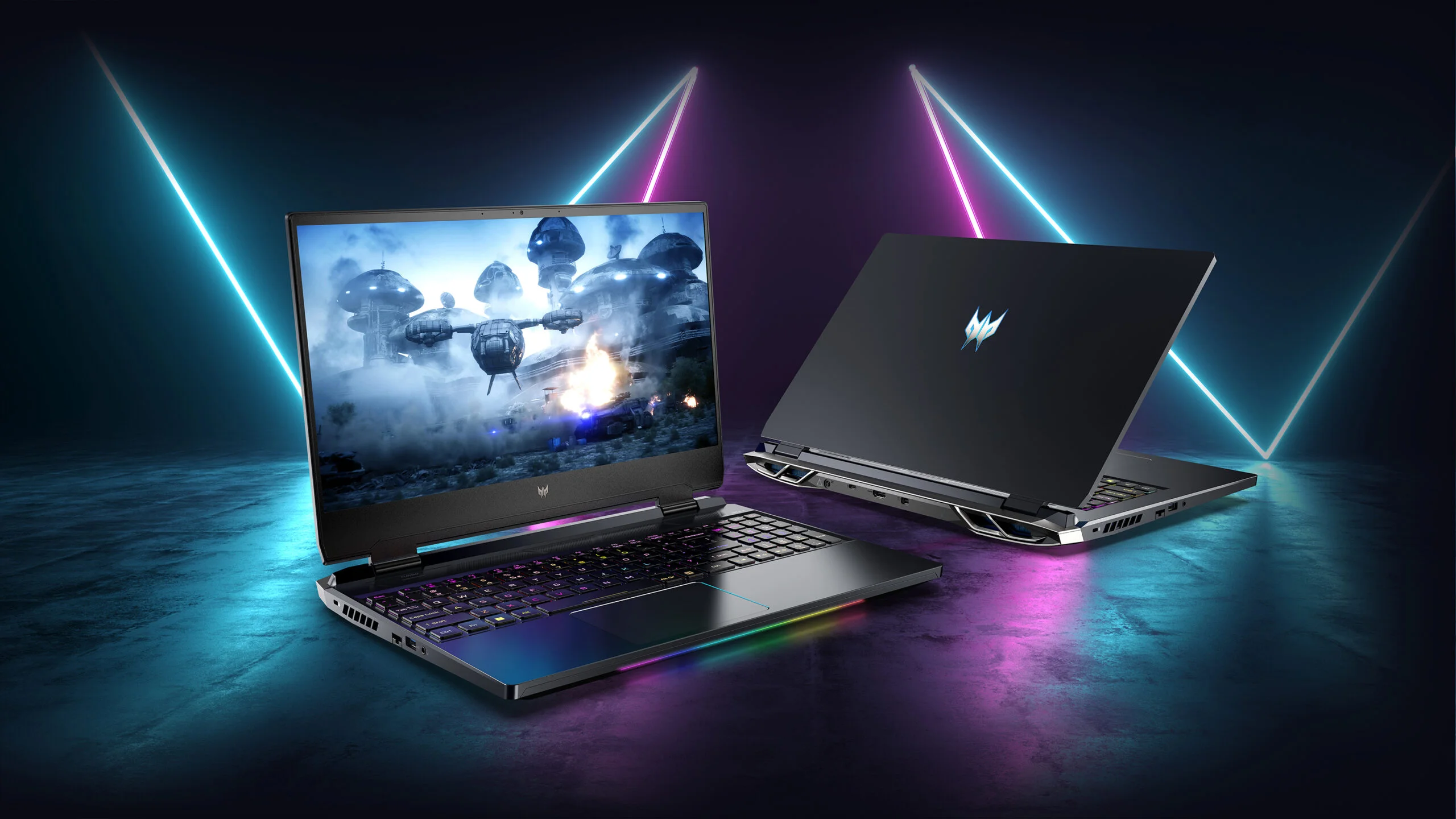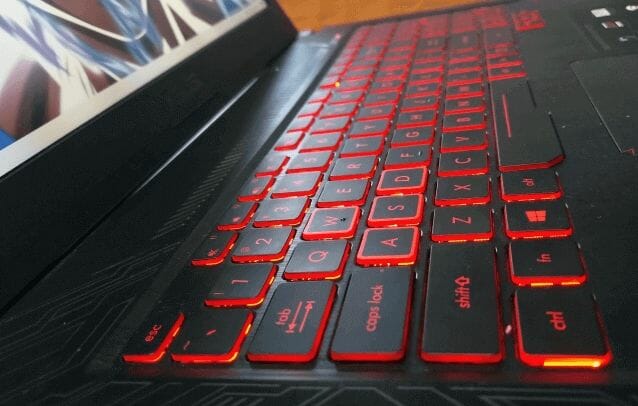
Are you a gaming enthusiast who is always on the go? Do you travel frequently and want to carry your gaming setup with you? Or do you simply prefer the convenience of gaming on a laptop? If you’ve ever wondered whether gaming on a laptop is a viable option, the answer is a resounding yes! In this article, we’ll explore everything you need to know about gaming on a laptop, including the pros and cons, hardware requirements, and tips for optimizing your gaming experience.
Introduction
Gaming on a laptop has come a long way in recent years. With advancements in technology, laptops are now more powerful and capable of running even the most demanding games. However, many people still doubt whether a laptop can truly provide a satisfactory gaming experience.
Pros and Cons of Gaming on a Laptop
Pros
- Portability: The biggest advantage of gaming on a laptop is portability. You can easily take your gaming setup with you wherever you go.
- Cost-effective: Laptops are generally more cost-effective than desktops. You can get a high-end gaming laptop for a fraction of the price of a similarly specced desktop.
- Space-saving: A laptop takes up less space than a desktop setup. This is particularly useful if you have limited space in your home or apartment.
Cons
- Upgradability: Upgrading a laptop’s hardware can be difficult or impossible. Unlike desktops, laptops have limited upgradeability options.
- Overheating: Laptops tend to run hotter than desktops, which can cause performance issues and reduce the lifespan of the hardware.
- Limited customization: Customizing a laptop’s hardware is limited compared to desktops. You have fewer options for adding components like additional RAM or storage.
Hardware Requirements for Gaming on a Laptop
When it comes to gaming on a laptop, the hardware requirements depend on the game you want to play. However, there are some general guidelines to keep in mind.
Processor (CPU)
The CPU is the brain of your laptop and is responsible for processing data. For gaming, you’ll want a CPU with at least four cores and a clock speed of 3.0 GHz or higher.
Graphics Card (GPU)
The GPU is responsible for rendering graphics in games. For a smooth gaming experience, you’ll want a dedicated graphics card with at least 4GB of VRAM.
RAM
RAM is essential for running games smoothly. For most games, 8GB of RAM is sufficient. However, if you’re playing more demanding games or running multiple applications at once, you may need 16GB or more.
Storage
Storage is where your games and other files are stored. You’ll want a laptop with at least 256GB of SSD storage. This will ensure fast load times and smooth gameplay.
Display
The display is crucial for a good gaming experience. You’ll want a laptop with a high refresh rate (at least 120Hz) and a low response time (less than 5ms).
Tips for Optimizing Your Gaming Experience on a Laptop
- Keep your laptop cool: Overheating can cause performance issues and reduce the lifespan of your hardware. Use a cooling pad or elevate your laptop to ensure proper airflow.
- Use a wired connection: Wi-Fi can be unreliable and can cause lag or connectivity issues. Use a wired internet connection for the best gaming experience.
- Optimize your graphics settings: Adjusting your graphics settings can improve performance and reduce lag. Experiment with different settings to find the right balance between performance and visuals.
- Close unnecessary applications: Running multiple applications in the background can reduce performance and cause lag. Close any unnecessary applications before gaming.
- Use a controller: A controller can provide a more comfortable and intuitive gaming experience. Consider using a wired controller for the best performance.
Conclusion
In conclusion, gaming on a laptop is a viable option for those who value portability and convenience. While there are some drawbacks, the hardware requirements for gaming on a laptop are easily achievable with the right setup. By following the tips outlined in this article, you can optimize your gaming experience and enjoy your favorite games on the go.
FAQs
- Can I upgrade the hardware on my gaming laptop?
- While some laptops do offer upgrade options, they are generally limited compared to desktops. It’s important to research the specific laptop model before purchasing to ensure it meets your needs.
- Can I connect my laptop to an external monitor for gaming?
- Yes, many laptops have HDMI or DisplayPort outputs that can be used to connect to an external monitor. This can provide a larger screen and a better gaming experience.
- Do I need a dedicated graphics card for gaming on a laptop?
- While some laptops have integrated graphics, a dedicated graphics card is recommended for a smooth gaming experience, especially for more demanding games.
- How do I know if my laptop can run a specific game?
- Check the game’s system requirements and compare them to your laptop’s hardware specifications. You can also use online resources like Can You Run It to check compatibility.
- Can I use a gaming laptop for other tasks besides gaming?
- Absolutely! Gaming laptops are designed to handle demanding tasks, making them suitable for a variety of applications, including video editing and graphic design.





